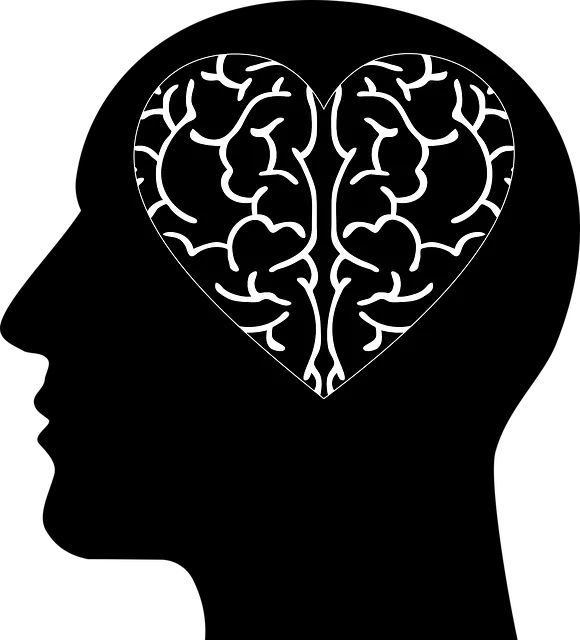Kaiser Permanente's Wheat Ridge Initiative offers personalized mental wellness coaching using evidence-based practices, including Compassion Cultivation and emotional regulation techniques, tailored to individual needs. Targeting burnout and mild to moderate depression/anxiety, this holistic approach enhances well-being, reduces intensive treatment needs, and improves patient satisfaction and outcomes via early intervention and coping strategy training.
Mental wellness coaching programs are gaining traction as essential tools for promoting holistic well-being. This article explores the growing importance of such initiatives, particularly in corporate settings, with a focus on Kaiser Permanente’s innovative Wheat Ridge program. We delve into the design principles behind effective coaching models, offering best practices and strategies to enhance mental health support. By examining real-world examples, we highlight how these programs can revolutionize employee care.
- Understanding the Need for Mental Wellness Coaching Programs
- Designing Effective Coaching Models: Best Practices and Strategies
- Kaiser Permanente's Wheat Ridge Initiative: A Case Study in Mental Health Coaching
Understanding the Need for Mental Wellness Coaching Programs

In today’s fast-paced world, mental wellness has become a paramount concern for individuals across various demographics. The demand for accessible and effective support is evident, especially considering the growing awareness about mental health issues. Organizations like Kaiser Permanente, with their dedicated mental health number in Wheat Ridge, are at the forefront of this initiative, recognizing the critical need for personalized coaching programs. These programs aim to empower individuals to take charge of their mental well-being.
Mental wellness coaching offers a unique approach to fostering resilience and self-care. By incorporating practices like Compassion Cultivation, which encourages empathy and kindness towards oneself and others, these programs can significantly improve participants’ ability to manage stress. Additionally, the production of Mental Wellness Podcast Series provides an engaging medium to share strategies for coping with daily pressures. Such initiatives ensure that resources are not only readily available but also tailored to meet the diverse needs of individuals seeking mental wellness support.
Designing Effective Coaching Models: Best Practices and Strategies

Designing effective coaching models is a multifaceted process that requires a deep understanding of individual needs and context. At Kaiser Permanente mental health number Wheat Ridge, we emphasize evidence-based practices to ensure our coaching programs deliver tangible results. One key strategy involves tailoring interventions to promote Inner Strength Development, empowering individuals to navigate challenges with resilience. By integrating techniques that foster Emotional Regulation, our coaches help clients manage stress and emotions effectively, enhancing their overall well-being.
Cultural Sensitivity in Mental Healthcare Practice is another best practice we prioritize. Recognizing the diverse backgrounds of our clientele, we incorporate culturally informed approaches into coaching sessions, ensuring inclusivity and respect for unique perspectives. This holistic approach not only improves client engagement but also fosters trust and openness, creating a supportive environment conducive to positive mental health outcomes.
Kaiser Permanente's Wheat Ridge Initiative: A Case Study in Mental Health Coaching

Kaiser Permanente’s Wheat Ridge Initiative is a remarkable case study showcasing how mental wellness coaching programs can transform healthcare delivery. This pioneering program focuses on early intervention and prevention, targeting individuals at risk of burnout or experiencing mild to moderate depression and anxiety. By integrating compassion cultivation practices and emotional intelligence training into routine medical care, Kaiser Permanente aims to enhance patient well-being and reduce the need for more intensive treatments.
The initiative emphasizes a holistic approach, recognizing that mental health is intricately linked to physical health. Through one-on-one coaching sessions, patients learn valuable coping strategies, mindfulness techniques, and emotional regulation skills, empowering them to take charge of their mental wellness. The program’s success lies in its ability to foster a supportive environment where individuals feel heard and supported, ultimately leading to improved patient satisfaction and outcomes.
Mental wellness coaching programs, such as Kaiser Permanente’s successful Wheat Ridge Initiative, demonstrate the growing importance of these interventions in addressing mental health challenges. By leveraging best practices and strategic models, organizations can effectively support employees’ well-being and productivity. The integration of mental wellness coaching into corporate strategies is a vital step towards creating healthier, happier, and more resilient work environments, with Kaiser Permanente’s Wheat Ridge serving as a compelling case study.






